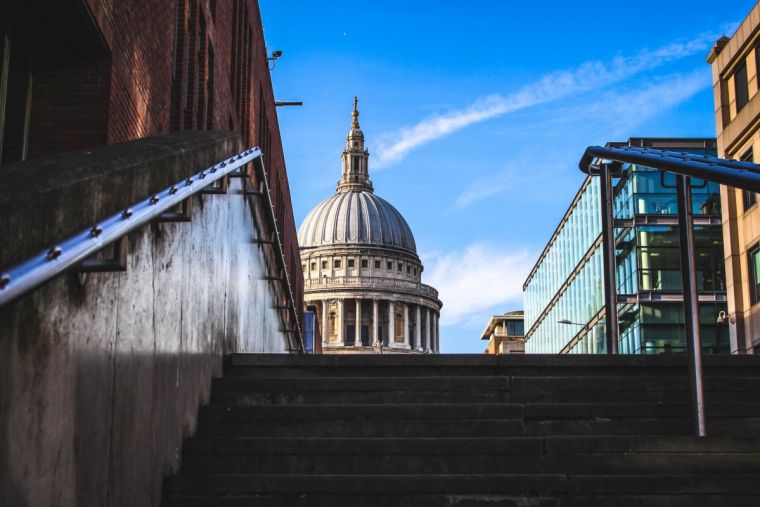Church of England launches consultation on ambitious net zero plan

The Church of England has today launched a consultation on proposals to achieve net zero carbon emissions from all its buildings by 2030.
A draft "routemap" on how churches, cathedrals and schools can "make changes" to achieve net zero 20 years ahead of the Government's targets has just gone out to newly-elected members of the CofE's legislative body, the General Synod.
The first meeting of new Synod, elected for five years, is due to start in Westminster on November 16 for two days. The previous Synod set the net zero target for the Church in 2020.
The Bishop of Selby, John Thompson, chairman of the CofE's Environmental Working Group, admitted that meeting the target would cost parishes, cathedrals and schools financially.
In the CofE, local Parochial Church Councils (PCCs) are responsible for paying their churches' energy bills out of parishioners' donations.
Bishop Thompson said: "God's creation is in crisis, and there is an urgent call to address this at every level of our global community, to protect creation, including the world's poorest communities who are being affected the most and soonest by climate change.
"We recognise this will be challenging and there will be a financial cost."
But, he added, "any adaptations can also be made simply and quickly, such as switching to a green energy provider, filling gaps in windows, and changing lightbulbs, all of which can help to reduce energy costs".
Becky Clark, Director of Churches and Cathedrals for the Archbishops' Council, said: "This consultation seeks to gather a wide range of views to build consensus on how the Church of England can both reduce its carbon footprint and also model care for creation.
"Buildings are at the heart of this and all involved are aware of the significant challenges, not least to parishes and cathedrals struggling to recover from the pandemic."
She said there were already "amazing examples of churches that are at the vanguard of low carbon adaptations, demonstrating that even the highest listed buildings can make vital changes and be part of tackling the climate emergency".
The consultation deadline for responses from dioceses and cathedrals is February 28.











